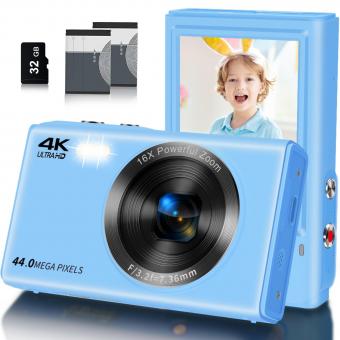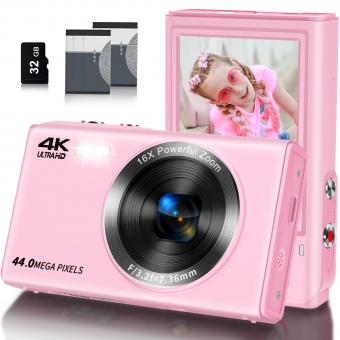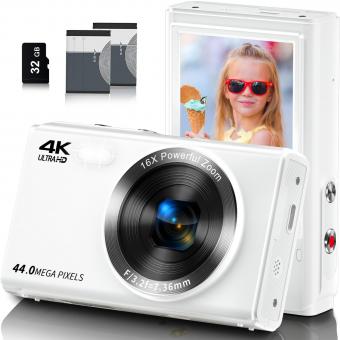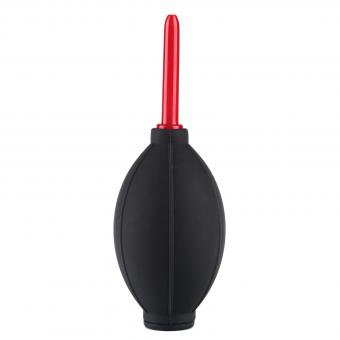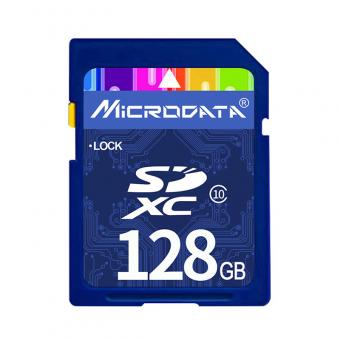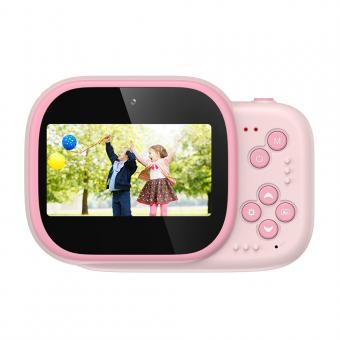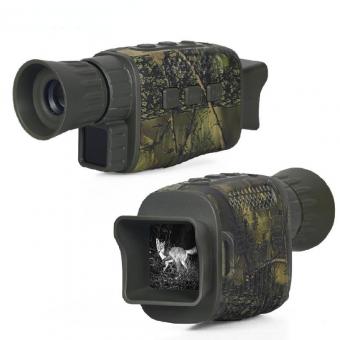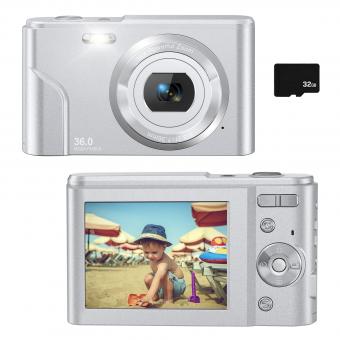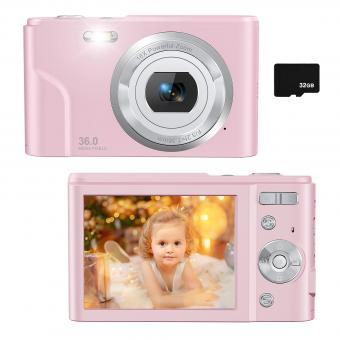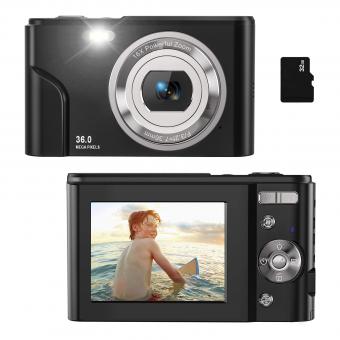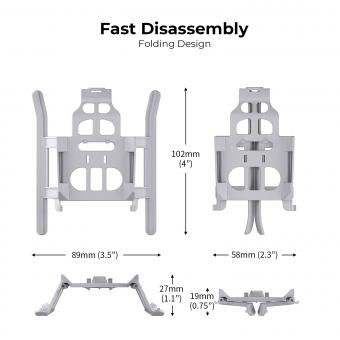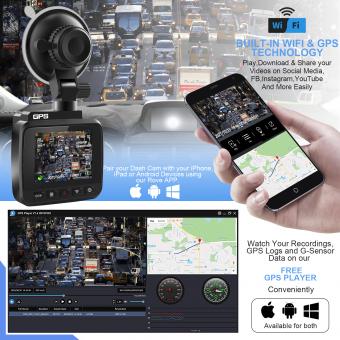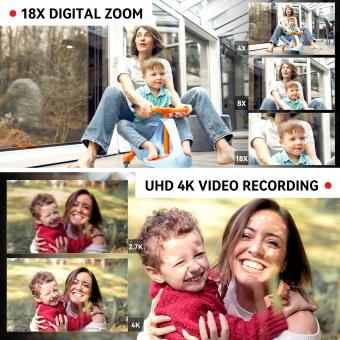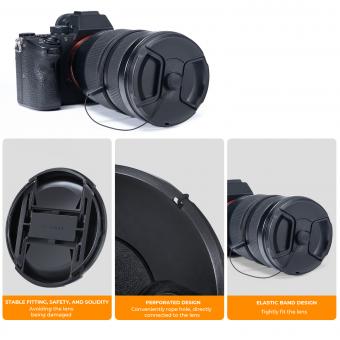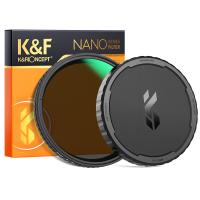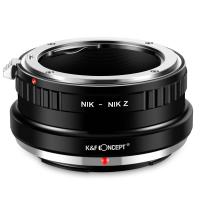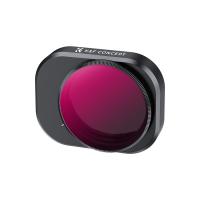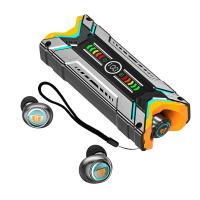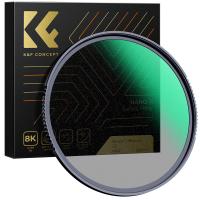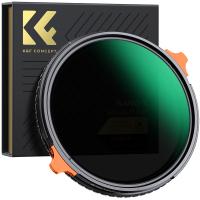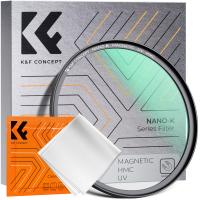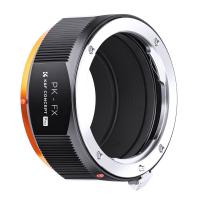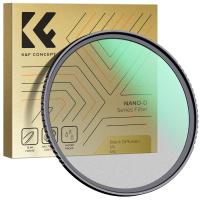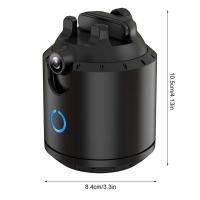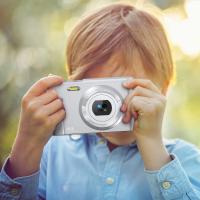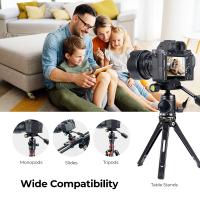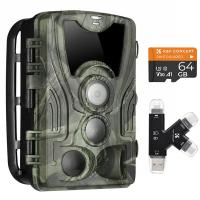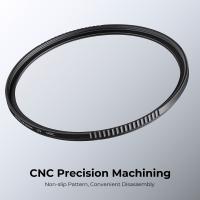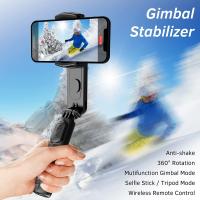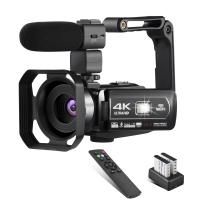Are Film Cameras Better Than Digital ?
This is a subjective question and the answer depends on personal preference and the intended use of the camera. Film cameras have a unique aesthetic and can produce high-quality images with a distinct look that some photographers prefer. However, digital cameras offer more convenience and flexibility, allowing for instant feedback and the ability to edit and manipulate images easily. Additionally, digital cameras have advanced significantly in recent years, with many models offering high resolution and low-light capabilities that rival or surpass film. Ultimately, the choice between film and digital comes down to personal preference and the specific needs of the photographer.
1、 Image quality
Image quality is a subjective matter, and it depends on the individual's preferences and requirements. However, in terms of technical specifications, digital cameras have surpassed film cameras in recent years. Digital cameras offer higher resolution, better dynamic range, and more control over the final image. Additionally, digital cameras allow for instant feedback and the ability to review and edit images on the spot.
That being said, some photographers still prefer the look and feel of film photography. Film cameras offer a unique aesthetic that cannot be replicated by digital cameras. Film also has a wider latitude for exposure, which can be useful in certain situations.
Ultimately, the choice between film and digital comes down to personal preference and the intended use of the images. For commercial and professional purposes, digital cameras are the clear choice due to their technical superiority and convenience. However, for those who value the artistic and nostalgic qualities of film photography, film cameras may still hold a special place in their hearts.
2、 Cost-effectiveness
When it comes to cost-effectiveness, digital cameras have a clear advantage over film cameras. While film cameras require the purchase of film rolls, which can be expensive, digital cameras only require a memory card to store images. Additionally, film cameras require the cost of developing and printing the photos, which can add up quickly. With digital cameras, images can be viewed and edited on a computer, eliminating the need for printing.
However, it's important to note that film cameras can still be cost-effective for certain situations. For example, if you only take a few photos a year, the cost of film and developing may not be significant. Additionally, some photographers argue that the quality of film photos is worth the extra cost.
In recent years, there has been a resurgence of interest in film photography, with many photographers embracing the unique look and feel of film. This has led to an increase in the availability of film cameras and film rolls, making it easier and more affordable for photographers to experiment with film.
Overall, while digital cameras are generally more cost-effective than film cameras, the cost of film photography can still be justified for certain situations and preferences.
3、 Convenience and ease of use
Convenience and ease of use are two areas where digital cameras have a clear advantage over film cameras. With digital cameras, you can instantly review your photos and delete any that you don't like. This means that you can take as many photos as you want without worrying about wasting film. Additionally, digital cameras have automatic settings that make it easy for beginners to take good photos without having to learn about things like aperture and shutter speed.
However, some photographers argue that film cameras are better than digital cameras because they offer a different look and feel to the photos. Film cameras capture images on actual film, which can create a unique texture and color palette that is difficult to replicate with digital cameras. Additionally, film cameras require a more deliberate approach to photography, which can help photographers slow down and think more carefully about their shots.
It's worth noting that the latest point of view on this topic is that both film and digital cameras have their own strengths and weaknesses, and the choice between them ultimately comes down to personal preference. Some photographers prefer the convenience and ease of use of digital cameras, while others prefer the unique look and feel of film. Ultimately, the best camera is the one that you feel most comfortable using and that helps you achieve the results you want.
4、 Flexibility and versatility
Flexibility and versatility are two important factors to consider when comparing film cameras and digital cameras. Film cameras offer a unique and distinct look that is difficult to replicate with digital cameras. The process of shooting with film requires a certain level of skill and patience, but it also allows for a level of creativity and experimentation that is not always possible with digital cameras.
On the other hand, digital cameras offer a level of convenience and flexibility that is unmatched by film cameras. With digital cameras, you can shoot as many photos as you want without worrying about running out of film. You can also review your photos immediately after taking them, which allows you to make adjustments and corrections on the fly.
In recent years, there has been a growing trend towards film photography, with many photographers rediscovering the unique qualities of film. However, digital cameras continue to dominate the market, and for good reason. The convenience and flexibility of digital cameras make them ideal for many types of photography, from sports and action to landscape and portrait photography.
Ultimately, the choice between film and digital cameras comes down to personal preference and the specific needs of the photographer. Both types of cameras have their own unique strengths and weaknesses, and the best camera for you will depend on your individual style and approach to photography.

